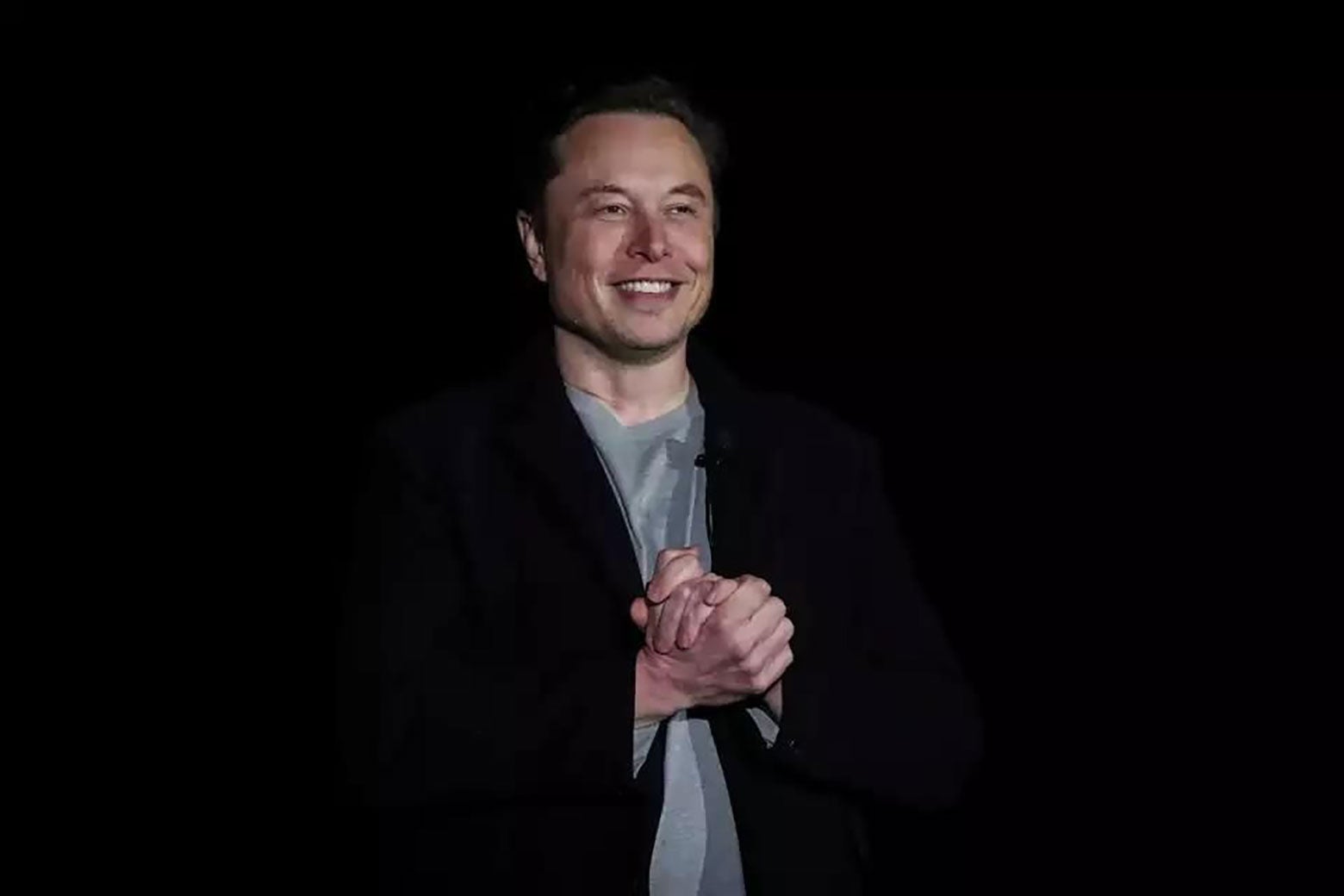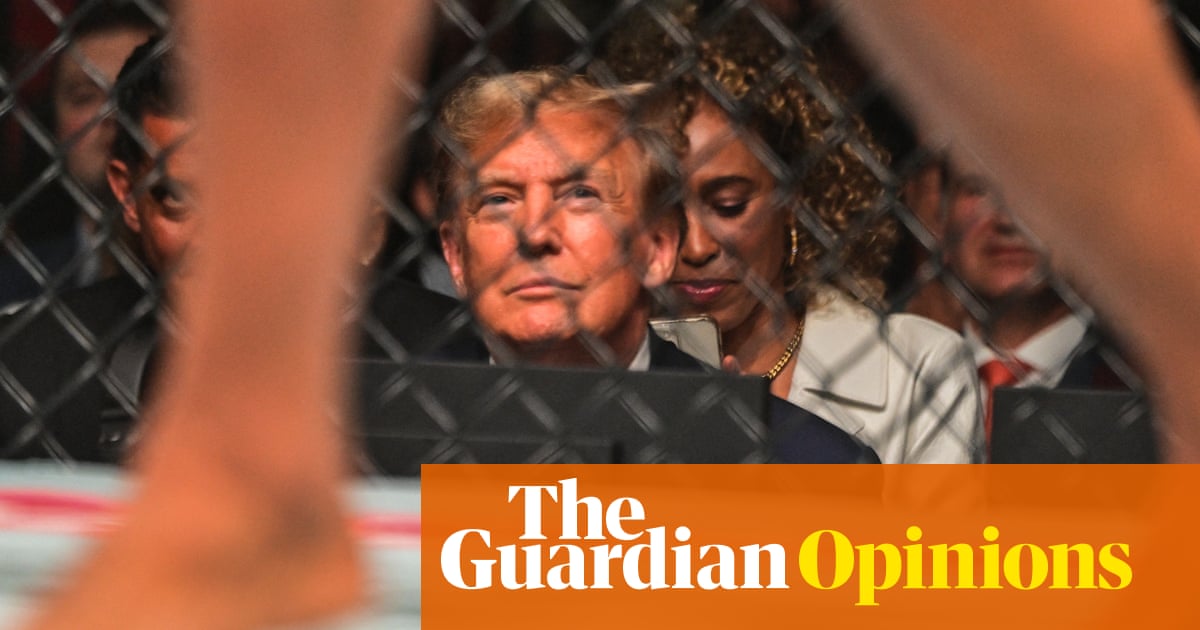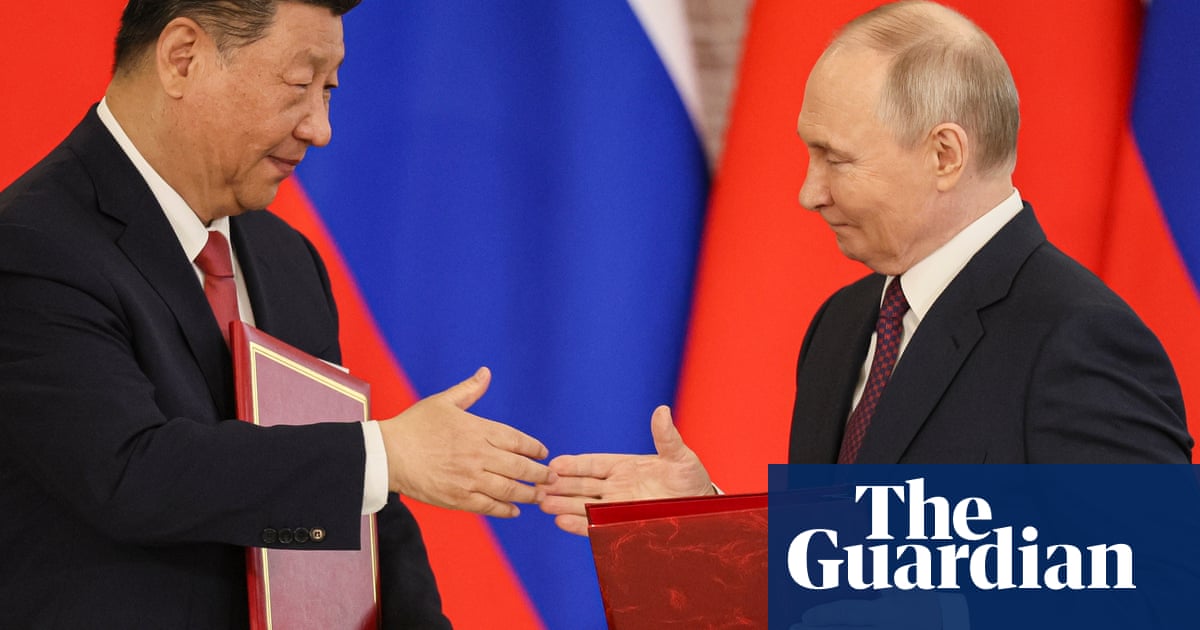As an immigrant, Elon Musk is constitutionally barred from running for the American presidency. It’s a silly rule. (Why should an accident of birth determine one’s fitness for office?) But Musk, ever the innovator, appears to have found a shrewd way around it.
For a relatively paltry sum—a reported $130 million in donations and other campaign expenditures, less than Jeff Bezos spent on the Washington Post—the world’s richest man purchased a controlling stake in a broke, aging, scandal-ridden former president. Then, with help from another of his investments, X, and with the unhinged relentlessness he brings to all of his ventures, Musk led the unlikely rehabilitation and return of Donald Trump.
Now the question looms: What price will Musk exact for his investment? When it became clear on Tuesday that Trump was going to win, Musk tweeted an unsubtle hint: a picture of himself carrying a sink into the Oval Office, a reprise of the dad joke he made when he bought Twitter. I wonder if Trump noticed that his own orange mug was nowhere to be seen in Musk’s vision of the Oval Office. I sure did, and it chilled me even more than Trump’s victory itself.
After all, what could be worse than an incompetent, narcissistic, megalomaniac billionaire taking control of the United States? Answer: a competent narcissistic, megalomaniac billionaire taking control of the United States.
Philosophically and financially, Musk has much to gain from his new connection to the White House. His many businesses are huge beneficiaries of federal subsidies and the subject of many regulations. He opposes unions, pines for ever-lower taxes, and believes that federal agencies have too much power over corporations.
Throughout the campaign, both Musk and Trump suggested that Musk would be given carte blanche over the operations of the federal government, including running what they’re calling a Department of Government Efficiency, or DOGE, with a mandate to slash spending. Musk has floated the idea of cutting annual federal spending by $2 trillion, or nearly a third—an amount that would not be achievable without deep cuts to Social Security, Medicare, other welfare programs, and even national defense.
Republicans’ promising to shrink the government to nothingness isn’t new, of course, and even if the party gains control of Congress, many would balk at axing popular programs. But even a fraction of Musk’s $2 trillion in cuts would be ruinous for many Americans; I worry that in Elon Musk, they’ve found a man unafraid to push them through regardless.
I’m not saying it’ll be smooth sailing. Musk’s descent into right-wing politicking could cost him customers. Tesla’s best markets are Democratic strongholds; in parts of the San Francisco Bay Area, where I live, Kamala Harris beat Trump by a 2-to-1 margin, and here Teslas are more common than Camrys. How many of my neighbors will stick with Musk’s cars when they need new wheels? I, for one, can’t stomach the thought of buying one.
There’s also the clash between Trump’s agenda and Musk’s business interests. Trump finds electric cars effete and un-American and has suggested undoing the subsidies and environmental regulations that have incentivized companies to make them and people to buy them. He told Tucker Carlson that American car companies should cede the electric vehicle market to China. Finally, there’s Trump’s ego. The former president doesn’t like to share the spotlight; if Musk’s profile threatens Trump’s, it’s not inconceivable the two will have a falling-out.
But Musk seems untroubled by these contradictions. That’s what worries me. As a political lefty who has also admired Musk’s business successes, the scariest thing about his taking the reins of government is that his bulldozing, take-no-prisoners style has frequently paid off. Musk has an uncanny capacity to turn certain defeat into rollicking success. Again and again in his career—when Tesla nearly went bankrupt after the financial crisis, when it was mired in “production hell” after scaling up production in the late 2010s, and when SpaceX nearly went bankrupt—Musk has managed to pull a rabbit out of his hat and thoroughly flummox his detractors.
Look at his purchase of Twitter. For the past couple of years, liberals have been crowing about what looked to be one of the worst acquisitions in the history of business. When Musk took over the company and fired nearly everyone who worked there, many predicted that the site would cease to function. Its advertising business has tanked, thanks largely to Musk’s refusal to moderate hate on the site and his invitation that advertisers “go fuck yourself.” Musk and his co-investors paid $44 billion for Twitter; one recent accounting by Fidelity puts the company’s value at less than $10 billion.
And yet, in the 2024 election, Twitter seemed every bit as indispensable to the political conversation as it was in 2020 and 2016. Sure, it’s now a white-supremacist hellsite—but it’s Musk’s white-supremacist hellsite. However it turns out financially, now that he’s parlayed his role at Twitter into control of a president and enduring political movement, can anyone say his money was misspent?



